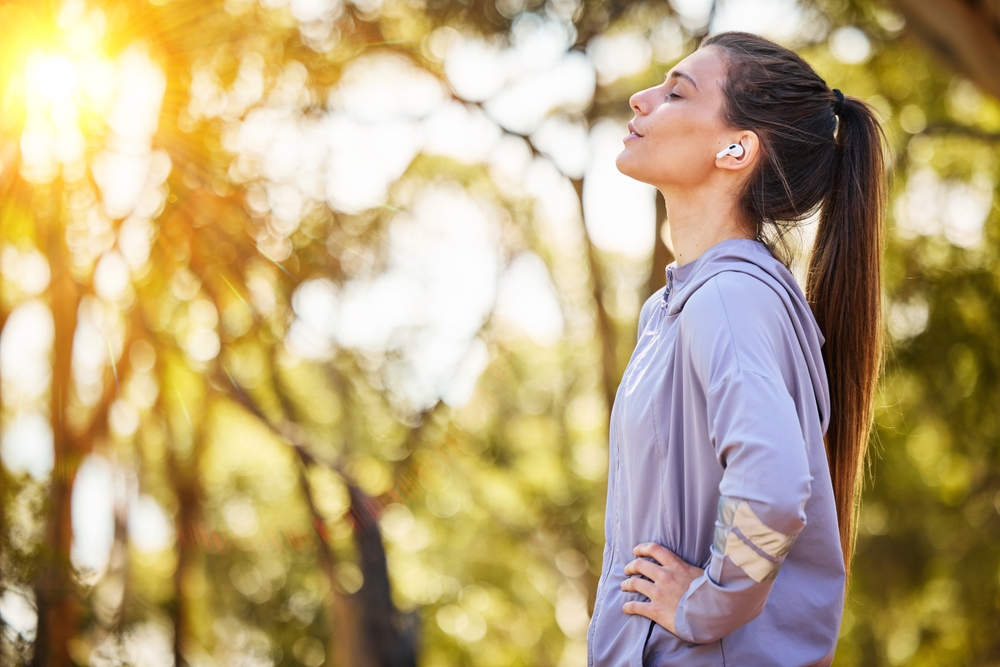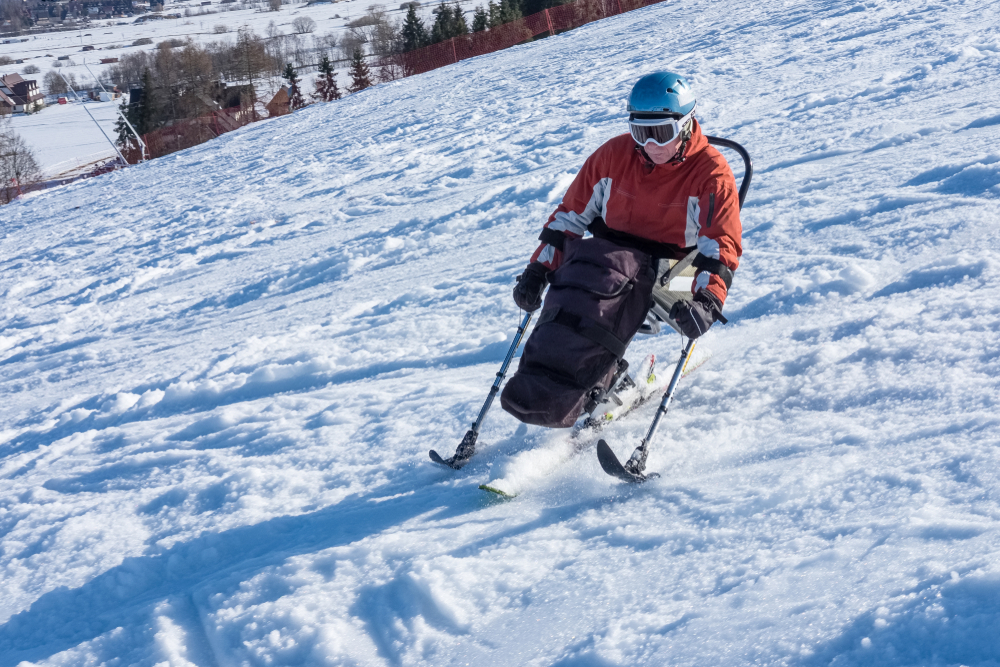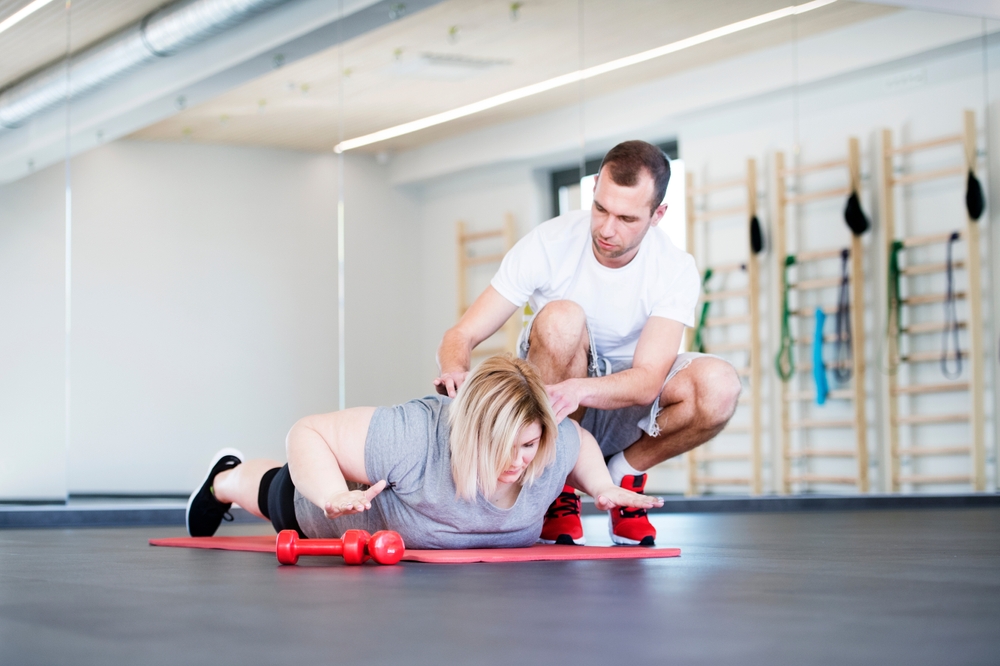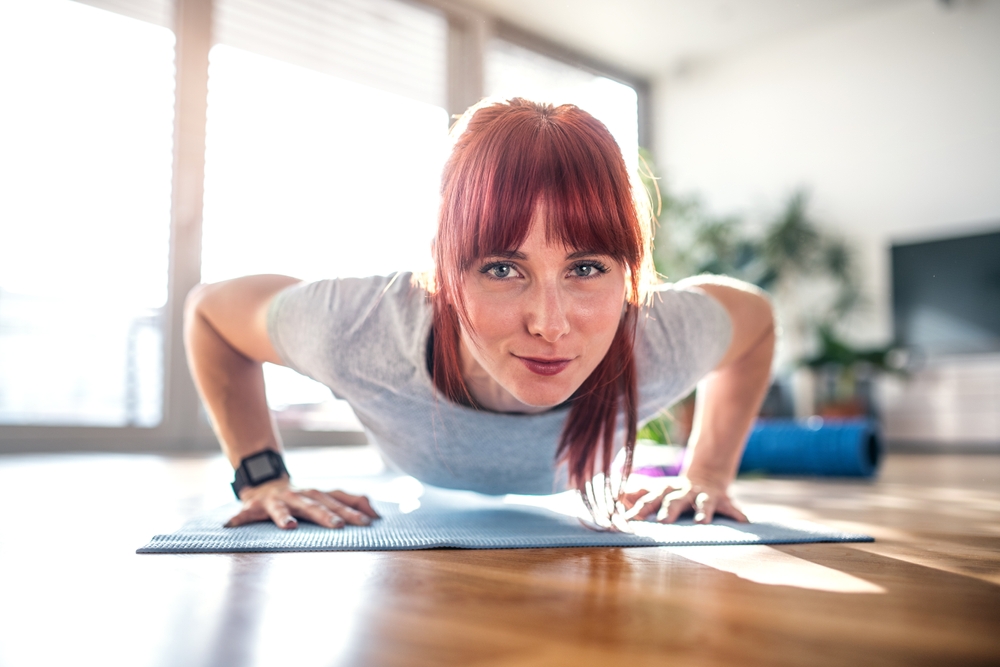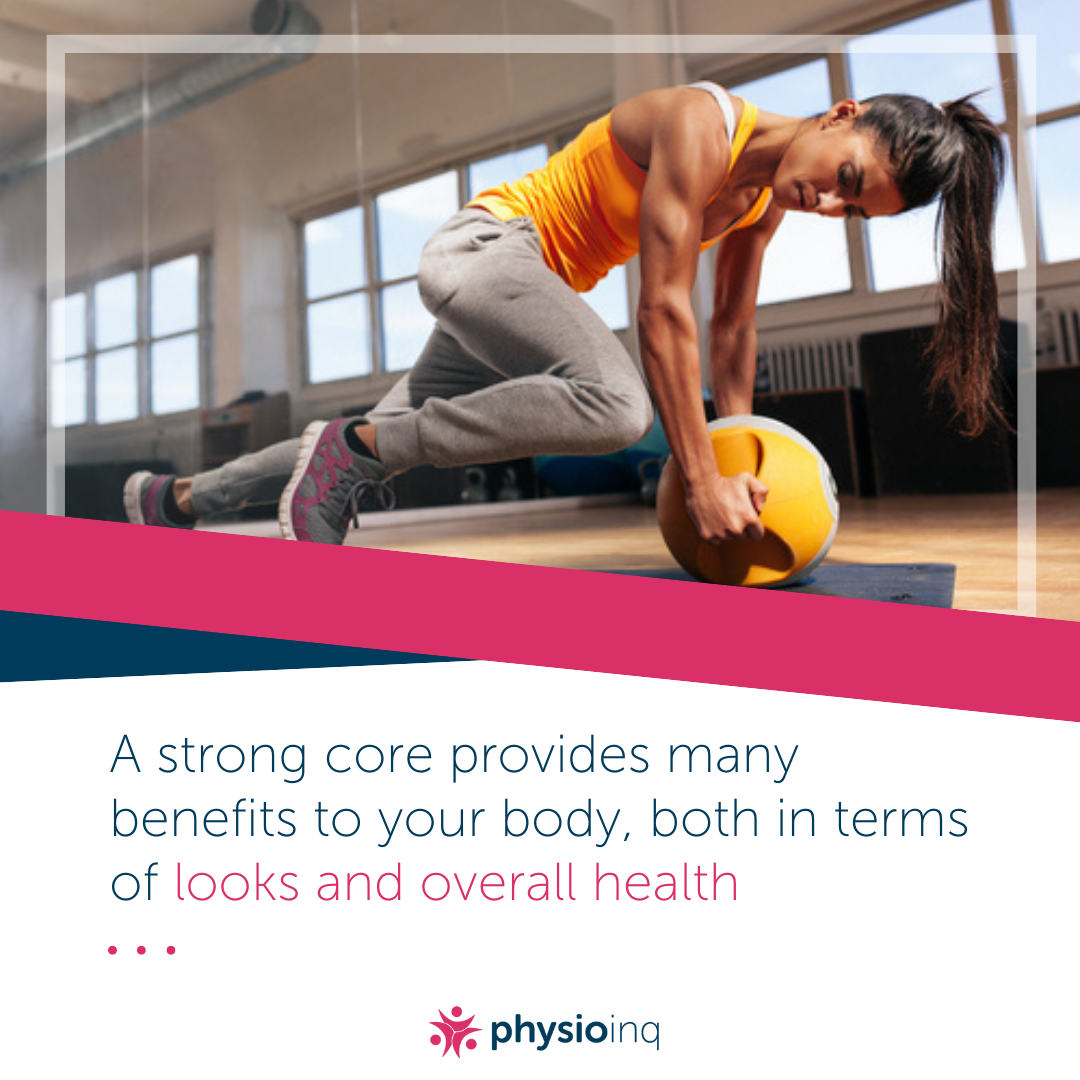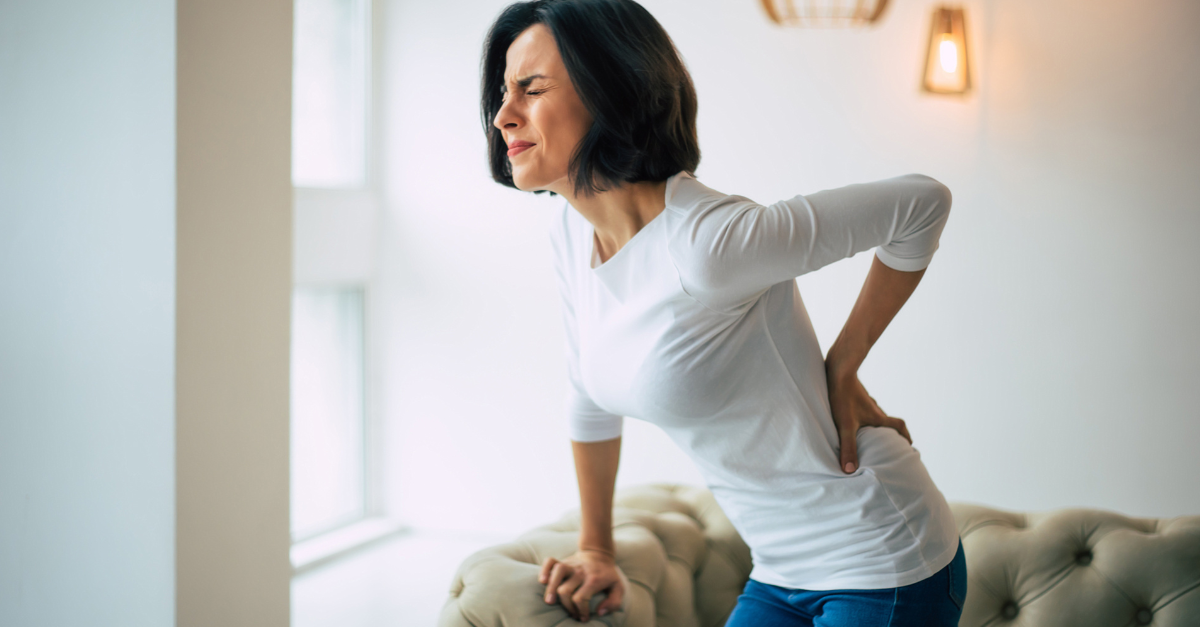Make an Appointment
The topic of mental health, especially men’s mental health, has been at the forefront of many discussions over the last decade. With the rise of social media and our reliance on mobile phones, lack of human contact and reduced social confidence has skyrocketed. People seem less able to make friends in person and even hold a conversation in real-time. Long story short, in a totally connected world, we feel lonelier than ever.
Here, we’re discussing how exercise can be used to assist in mental health treatment. Specifically, we want to break down the blokey bloke stigma and help men open up about mental health.
The Stigma on Mental Health
Most of us tend to resist discussing mental health. Whether we are the one suffering or we recognise that someone else is suffering, it’s sometimes hard to admit.
At Physio Inq, we work with clients experiencing a variety of mental health conditions and deal with mental illness in our personal lives as well. It makes us big believers in having those tough, sometimes awkward, hard, and scary chats. It can make a huge difference.
That simple conversation could be the thing that pushes someone to seek help from medical practitioners or staff who are trained in mental health issues.
Mental health conditions can be diagnosed through your local doctor, psychologist, and other practitioners. Some mental health conditions that are commonly diagnosed include:
- Depression
- Anxiety and panic attacks
- Bipolar disorder
- Schizophrenia
- Eating disorders
- Substance abuse disorders
The Facts and Figures
Mental health conditions are far more common than most realise. About 1 in 5 Aussies aged 16 to 85 years experience one of these conditions in a year, with about 20% experiencing more than one of these conditions at a time. With 1 in 7 experiencing anxiety, 1 in 16 experiencing depression, and about 1 in 6 people experiencing both conditions, it is a real issue within communities today.
Females are overall more likely to experience these with about 18% of women aged 16 to 85 having depression (1 in 6 )and 32% experiencing anxiety (1 in 3). Compared to men, 12% experience depression (1 in 8) and 20% experience anxiety (1 in 5).
But the research also shows that only about 46% of us seek treatment for our mental health struggles with only about 27% of males seeking help as opposed to 40% of females.
Knowing these facts, it leads us to understand the adverse effects that occur when mental health goes untreated, like suicide and self-harm.
Men are three times more likely to die from suicide than women, and it is still the leading cause of death from the ages of 15 to 44 years although more than half of all suicides recorded in 2018 were people between 30 to 59 years old.
We don’t like to talk about these facts as it makes us feel bad or upset or morbid but they are real, occurring every day and they are very confronting.
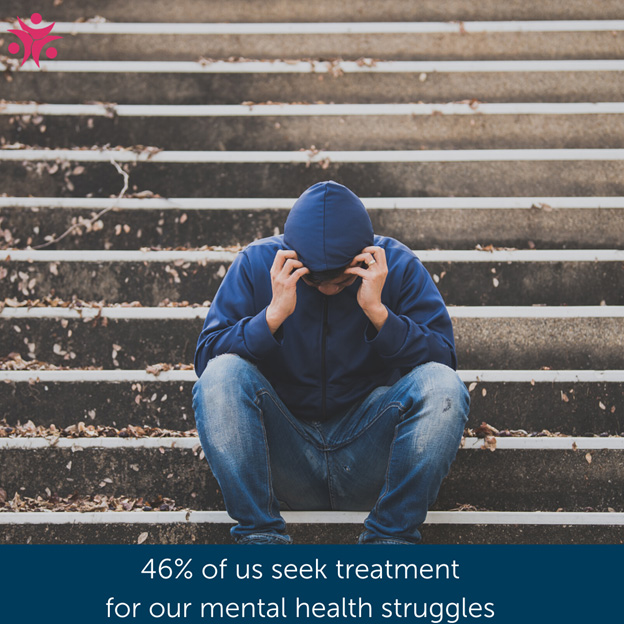
Signs of Mental Illness
What are some signs that you, a family member, or a friend could be suffering from one of these health conditions?
- Sadness
- Loss of interest or pleasure
- Feelings of guilt
- Low self-worth
- Disturbances in sleep
- Loss or lack of concentration
- Loss or lack of appetite
- Persistent fatigue
Links Between Exercise and Mental Health
One of the main benefits of exercise on mental health is that exercise releases the “feel good” chemicals like endorphins and serotonin that improve your mood.
With exercise, there is also an increase in blood flow to the brain leading to increases in the size of the hippocampus, the part of the brain responsible for memory. This is why we feel like we have clearer thoughts post-exercise.
Regular physical activity may be as beneficial as medications or psychological therapies and offers a number of benefits including:
- Better sleep
- Improves your concentration
- Increases your energy levels
- Improve your confidence
- Boosts your mood
- Reduces stress and lowers anxiety
- Leads to a reduced risk of depression, now and in the future
- An effective strategy to manage weight gain, diabetes risk, and cardiovascular disease risk associated with depression
- Effective in reducing symptoms of depression for people experiencing other mental disorders
Best Ways to Start Exercising
One of the hardest things to do is begin an exercise regime. When we are feeling down, working out seems to be the last thing we want to do due to our lack of energy, poor sleep, lack of concentration and self-confidence.
First, it’s important to consult with a professional. Most will encourage you to exercise in addition to taking other measures.
The next stage is to organise a time to exercise. Walking for 30 minutes is a good starting point and walking with someone who is supportive and willing to listen can be even better. There are walking groups popping up all over Australia that can offer support and motivation. This helps you meet the health guidelines of a minimum of 30 minutes of moderate-intensity exercise daily.
Many gyms and outdoor personal training companies offer group training environments as well. This may be another way to get your daily exercise intake but also meet new people at the same time and improve your mental health.
In Conclusion
We all know someone who has experienced mental health conditions or you may have experienced these struggles yourself. We all need to try and work together to support each other in the hard times as well as in the good times.
If you or a family member or friend feels any of the above signs or feeling please seek the appropriate help. Below are some websites full of information and links to help.
Useful links,
- beyondblue.org.au,
- lifeline.org.au,
- blackdoginstitute.org.au,
- Headspace.org.au,
- reachout.com.au,
- gotcha4life.org.au,
- mhaustralia.org,
- Mindaustralia.org.au,
- exerciseismedicine.com.au
- www.aihw.gov.au/reports/mental-health-services/mental-health-services-in-australia/report-contents/summary/prevalence-and-policies
- https://www.healthdirect.gov.au/exercise-and-mental-health
Book an appointment with one of our trusted Physio Inq physiotherapists today and let us help you use exercise for mental health treatment. Call now!
Date Published: Thursday, February 25, 2021
Locate a Mobile Exercise Physiology
Service Near me
Get the experience & convinence you deserve to support your or a loved one's allied health needs.
Our Mobile Exercise Physiology team are currently serving & taking appointments in the following states and regions in Australia:
Need to get into direct contact with ur Client Services team? We're all ears. Call our team directly on 1300 731 733
